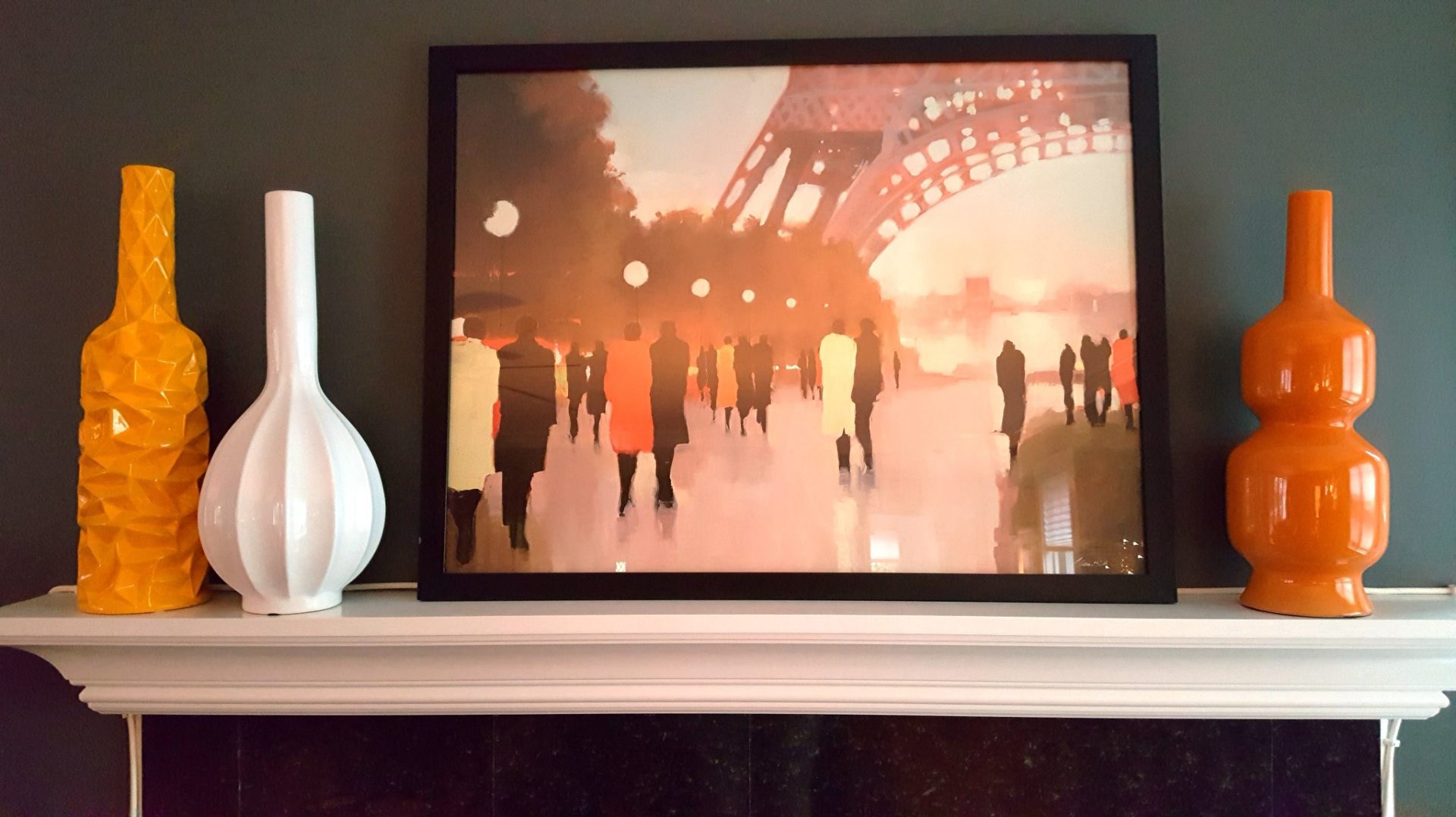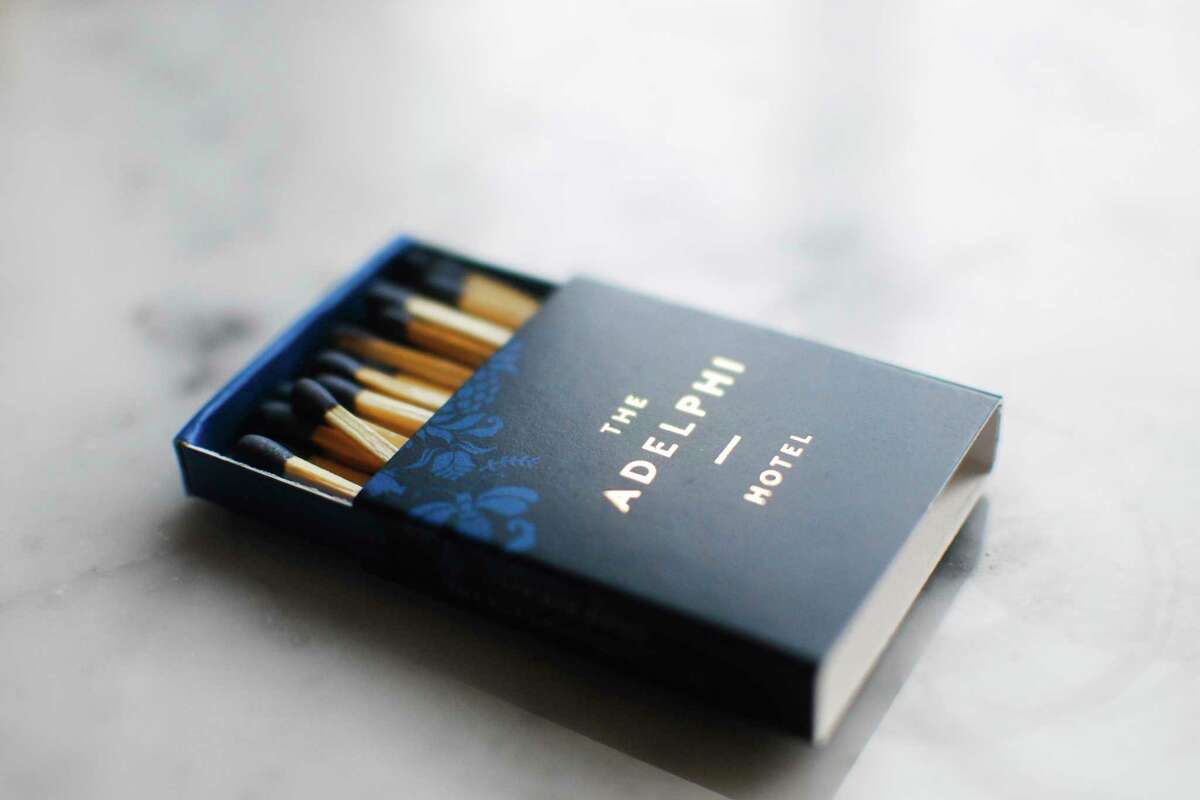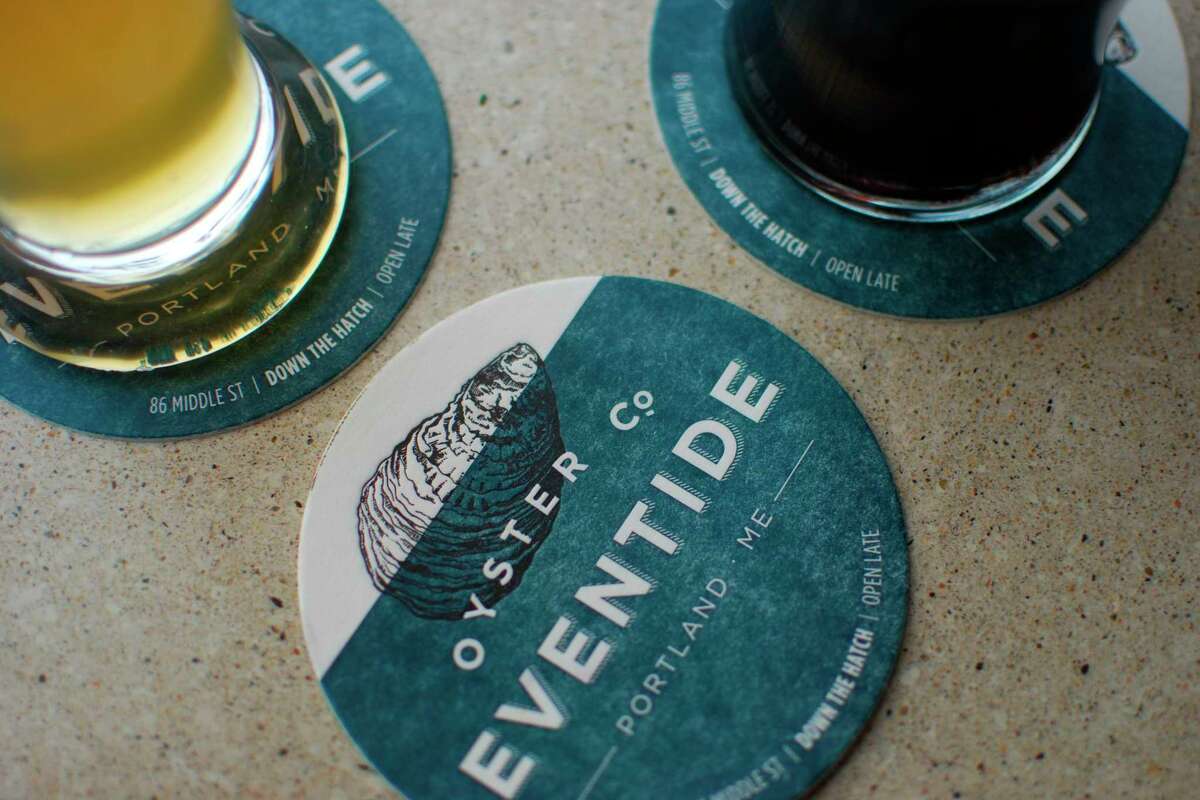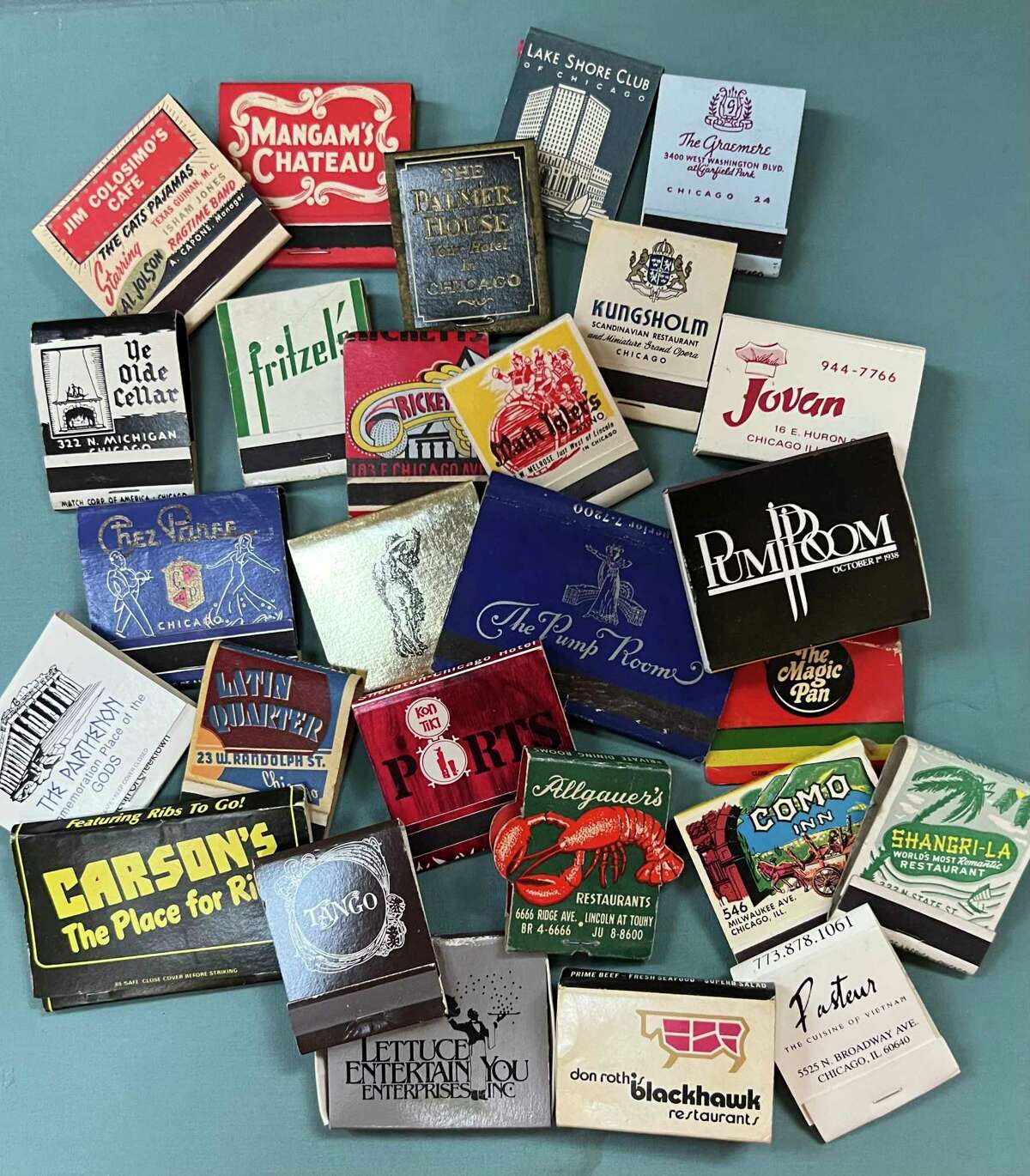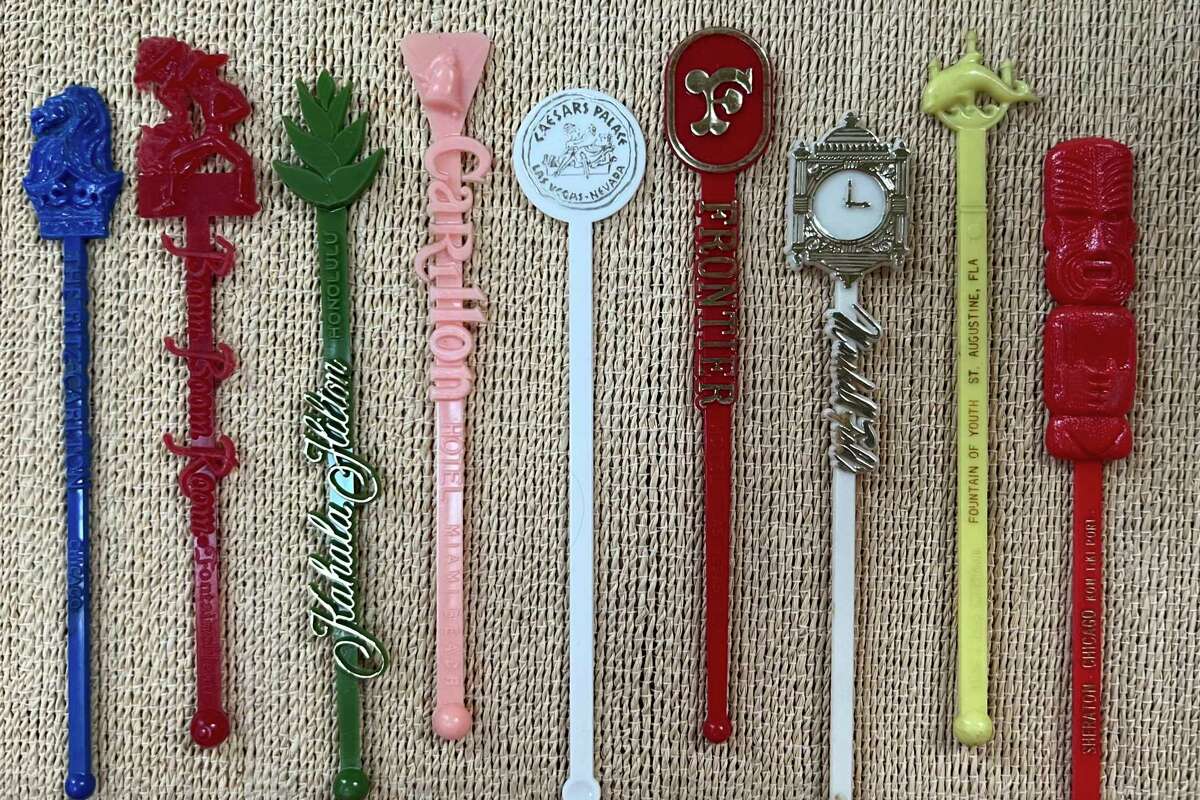KIM COOK
Associated Press
Chances are if you’ve been to a great restaurant, bar or hotel, you’ve snagged a coaster, matchbook, napkin or card key. Mementoes like these are talismans that help us remember what a fun experience we had.
You may hesitate before you pocket the swag, wondering if doing so is OK. Worry not: Hospitality industry folks say they’re delighted when people feel compelled to take one of these as a keepsake. You might consider a return visit, they think, if you’ve got that little reminder of your good time.
“It’s nice to hold a physical object and feel transported to an experience that could have happened weeks or even years ago,” says Sean Wilkinson, principal and creative director at Might & Main, a studio in Portland, Maine, that works on branding for clients in the hospitality industry.
He says the sense of impermanence is important. “If it’s something we’d like people to take, it should look nice, but not too nice, so that you don’t feel bad taking it.”
Elaine Markoutsas, a design writer and editor in Chicago, came across cookie tins full of matchbooks and swizzle sticks while clearing out her mom’s house. They took her back to beloved family vacations and hotspots in the Windy City and Florida.
She also appreciated how much design went into these little sulfurous mementos, some of which dated to the 1930s and ’40s.
“Like old postcards, you could immediately spot the difference” between different eras, she said.
“The older covers featured beautiful, hand-colored line drawings with amazing detail. What struck me was the creative artistry of such small space designs. They were like mini posters.”
She’s got one from Mangam’s Chateau outside of Chicago, where legendary fan dancer Sally Rand performed. Another is from Math Igler’s Casino Restaurant, where a T-bone with mushrooms went for $5 in 1950. And there’s Chez Paree, a nightclub that feted the glamorous from the ’30s to the ’60s.
Wilkinson says a memorable design is no less important today.
“We’ve noticed items often show up in guests’ Instagram photos,” he says. “It’s a nice way to bring a pop of color and some graphic representation of the brand into a composed photo of your hotel room or your plate of food.”
A suite of takeaway items with different but complementary designs deepens an establishment’s identity and story, he said.
His firm has designed collateral items for restaurants like the Eventide Oyster Co. in Portland, the Luna Rooftop Bar atop the seaside city’s Canopy by Hilton hotel, and the Adelphi Hotel in Saratoga Springs, New York.
For the Adelphi, for instance, they collaborated with the hotel’s interior architect, Glen Coben. Fabrics throughout the Victorian-era building are a rich navy, so Wilkinson’s team used that color, adding gold foil and other complimentary hues. Water-glass coasters feature a blind-embossed damask pattern found in wallpaper and other accents throughout the hotel.
Might & Main’s design for Portland noodle shop Honey Paw includes stationery and paper goods featuring a roaring bear and a series of undulating lines. The abstract line patterns represent both noodles and the restaurant’s LP collection, which plays for guests.
“Honey Paw’s name is from an old anecdote about the mystical properties of the bear’s paw used to scoop honey out of hives,” explains Wilkinson. “So we knew there had to be a proper ‘mascot,’ and we wanted him to have a little swagger.”
At the One Ocean Resort & Spa in Atlantic Beach, Florida, General Manager David Mariotti says drink cups, notepads, pens and key cards are often taken by guests. The resort’s clean-lined, teal-on-white logo is on all of those. Card keys have photos of beachy sunrises, with inspiring quotes on one side.
“We absolutely encourage guests to bring home mementos from their stays with us,” Mariotti says, adding that the resort now offers branded sunglasses too.
To display these kinds of ephemera at home, you could mount them with removable putty or double-sided tape in an acrylic box for displaying on a wall or tabletop. Add a magnet to the back of a coaster or menu and pop it on the fridge. Or decoupage paper treasures onto the base of a serving tray, adding a coating of sealant.
You can buy wooden cases and album sleeves specifically sized for matchbook covers.
Wilkinson himself keeps a couple of Eventide coasters on his office desk.
And years after a memorable stay in New York City, he holds onto one goodie.
“I still have the first key card I received at the Ace Hotel,” he says. “When I first stayed there more than a decade ago, I remember being blown away by how cool you could make a hotel – how you could toe a line of hip yet understated, and still have great hospitality with little moments to discover.”
—-
New York-based writer Kim Cook covers design and decor topics regularly for The AP. Follow her on Instagram at @kimcookhome.
